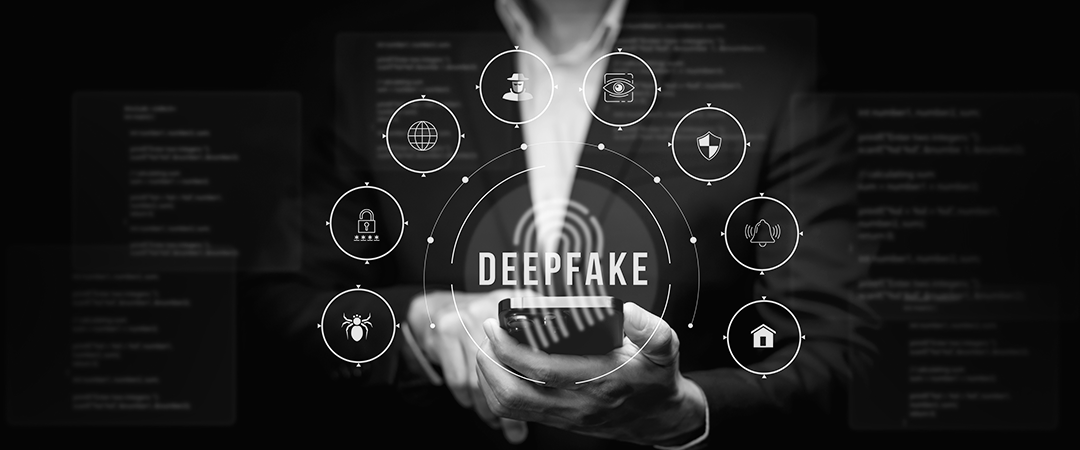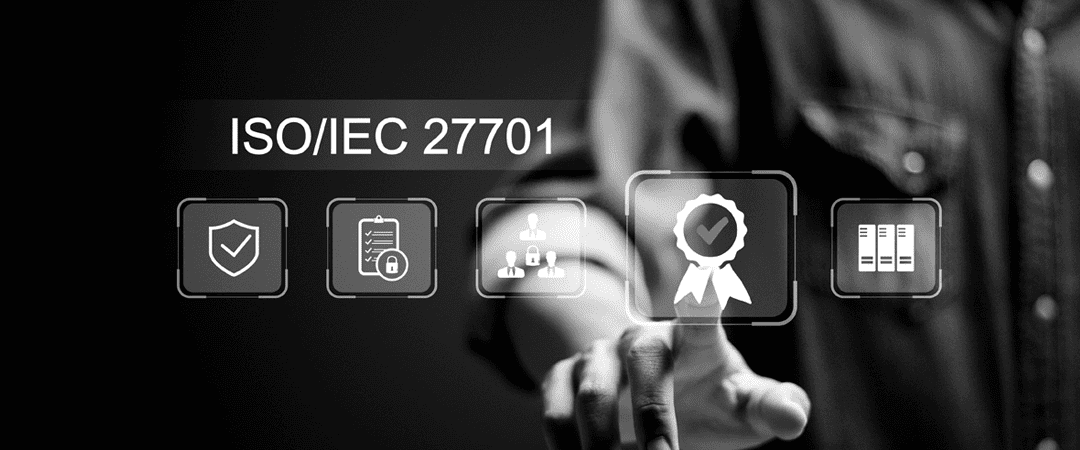
What is ISMS? - Importance & Benefits for Businesses
Zero An ISMS (Information security management system) is a structured framework of policies and procedures designed to systematically manage and reduce risks to information security. By establishing a robust ISMS, you significantly reduce the risk of security breaches and ensure business continuity in the event of an incident. The information security management system preserves the confidentiality, integrity and availability of information by applying a risk management process and gives confidence to interested parties that risks are adequately managed.
ISMS is typically tied to ISO 27001, an international standard that provides best practices for information security management.
A Standards-Based Method for Implementation an Information Security Management System (ISMS)
Implementation an Information Security Management System (ISMS) using an accepted standard such as ISO 27001 helps organizations establish an effective and efficient security framework tailored to the demands of their sector and good industry practices. ISO/IEC 27000 outlines the overview and vocabulary of information security management systems, referring to the family of information security management standards (such as ISO/IEC 27003[2], ISO/IEC 27004[3] and ISO/IEC 27005[4]), with their associated terms and definitions.
ISO 27001 is the global standard for implementing and maintaining an information security management system (ISMS) and provides formal guidelines and requirements for implementing, improving, and maintaining an ISMS. ISO 27001 outlines a comprehensive range of security controls that cover both technologies, as well as physical, people, and organizational controls, and help organizations identify, assess and mitigate information security risks.
ISO 27001 certification demonstrates compliance with stringent regulatory requirements. Most organizations find it more efficient to work solely with organizations that hold ISO 27001 certification or systems with similar comparable structures. Furthermore, since many of the requirements substantially overlap, ISO 27001 assists compliance with legislation such as the General Data Protection Regulation (GDPR) and NIS Directive (Directive on Security of Network and Information Systems). Through this blog we will unpack the benefits of an ISMS, how it will correlate with ISO 27001, why it is key, and the trends that are shaping change.
For businesses looking for a robust cybersecurity architecture, Nexavault offers professional ISMS solutions that guarantee compliance with ISO 27001 and enhance data security management.
Why ISMS is important?
As cybersecurity threats and regulatory obligations grow, the relevance of ISMS cannot be overstated. Follows are top reasons why ISMS is so crucial for businesses:
Cyber Threat Protection
Organizations undergo ransomware attacks, phishing, and data theft. An ISMS guarantees that aggressive defense systems are deployed.
Establishing Customer Trust
Customers will have a higher probability of doing business with organizations with sound security practices.
Preventing Financial Loss
Financial sanctions, legal action, and damage to reputation result from data breaches. ISMS reduces the potential loss.

Building Organizational Resilience
ISMS builds security-conscious culture enabling organizations to become more resilient in order to keep up with increasingly evolving cyber-attacks.

Industry Standards Compliance
Finance, healthcare, and government sector companies need to meet stringent data security standards. ISMS facilitates compliance with ease.
Benefits of ISMS for Businesses
Increased Securit
ISMS protects sensitive information from both data breaches and from cyber-attacks and unauthorized access by implementing strict security policies and processes.

 Quick
Contact
Quick
Contact















